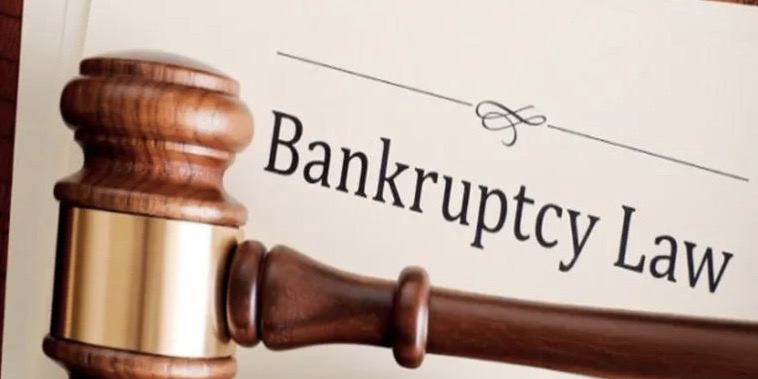A good investment uses money in a way that makes sense for the investor's plans and goals. A smart investment considers the investor's risk/return profile and how much time they have to invest. When an investor trusts a fiduciary to make smart investments, the fiduciary should make sure that the investment makes sense in the whole portfolio and that those fees won't cut into the returns too much. That means choosing investments that don't make it more likely that you'll lose money. Here we will talk about what is a prudent investment and how it works.
How Prudent Investment Appears to Work

Good fiduciaries keep an eye on how their clients' investments are doing to make sure they are meeting their goals. The Prudent Investor Rule says that fiduciaries must make good decisions about managing their clients' money based on the information they have. Whether or not they get a good return on their investment has nothing to do with how smart it is.
Diversifying the Kinds of Assets
Investors can make their portfolios less volatile by buying different types of assets. Mark's portfolio might have stocks, bonds, commodities, cryptocurrency, and foreign exchange, for example. If stocks are in a bear market, Mark might be able to make up for his losses by making money on his cryptocurrency. Small-cap stocks and commodities, riskier investments, should make up a smaller portion of an investor's portfolio.
Rebalancing
Investors need to rebalance their portfolios from time to time if they want to make smart investments. For example, if Jennifer's stock holdings went from 40% to 65% of her portfolio after a year of steady gains, it would be smart to sell some of the extra returns and put the money into other asset classes that aren't as popular right now to bring her stock holdings back down to 40%.
Minimizing fees
When you invest smartly, you pay less in fees and commissions. Exchange-traded funds, or ETFs, allow investors to buy a group of stocks without paying a commission for each trade.
The Past of the Prudent Investor Law

In the early 1800s, a wealthy man named John McLean came up with the "prudent investor rule." Since then, the idea has been changed, but it has its roots in that time. When he died, he put money into a trust so that his wife could get a steady income from it. When she died, McLean said that the money should be split between two good causes, Harvard College and Massachusetts General Hospital. But when they finally got the money, it was much less than they had hoped. They took the trustee to court, saying there was proof that the trust had lost money because of how it was invested.
Prudent Investor Law Example
If a financial planner told a 70-year-old client to put all of their money into one stock, even if the stock went up in value and the investor sold at the right time to make a lot of money, this would not be considered a smart investment. It is a bad investment because putting all of an investor's money into a single stock is risky, especially as the investor gets closer to retirement age.
Legal Implications
If your trustee breaks the prudent investor rule, you might be able to sue for money. You'll have to prove that they put themselves in a dangerous situation. Even when the economy is bad, losses in your portfolio won't help you win (when many people lose money). To win a case, you have to show that your investment did badly and the trustee was to blame. For instance, you might have a strong chance if they used margin debt or put half of your assets in a single biotech stock while waiting for the FDA to approve a new miracle drug.
Prudent Investing Essentials
If you talk to a financial planner about investing, they will likely bring up the "prudent man rule." The "prudent person" rule is a simple idea: Don't do stupid things with your client's money. That puts the blame back on the client, who probably hired the money manager because they didn't think they were smart enough to find good investments on their own.
Invest mostly in bonds and stocks
The more specific the type of investment, the more likely it will be very volatile. It's easy to get scared and sell an investment that goes up or down unexpectedly in a short amount of time.
Own a little portion of options
Yes, you should invest in commodities, real estate, and even stocks in emerging markets. But don't make things too big. Even though non-traditional asset classes can give you higher highs and lower lows, they are still a good choice. Use them to make the market less volatile as a whole, not to make up for lost ground when the market as a whole is going down.
Rebalance periodically
Putting your profits in the bank is a great strategy that too many investors don't use. If stocks rise so much that your portfolio's percentages get out of whack, sell off the extra returns and buy things that have fallen out of -favor.




